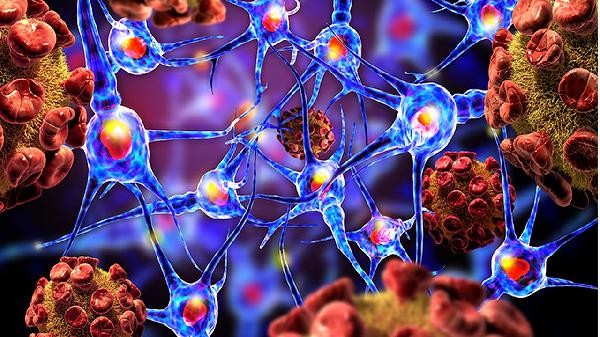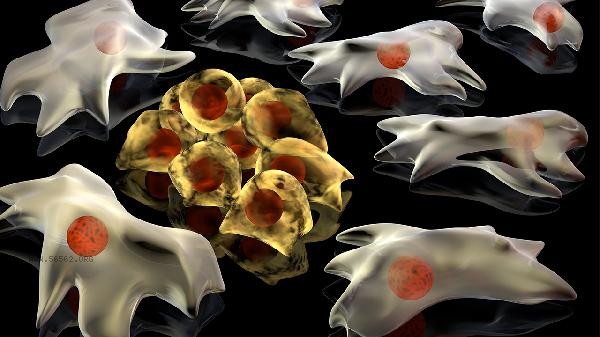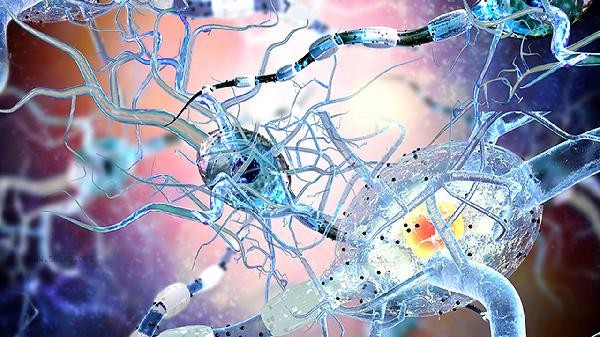The monocyte ratio of 11.3% is mildly elevated and is mostly related to non severe factors such as viral infection and chronic inflammation. The main influencing factors include physiological stress response, viral infection, bacterial infection, autoimmune diseases, hematological diseases, etc.

1. Physiological stress:
Intense exercise, staying up late, or short-term mental stress may cause temporary elevation of monocytes, usually without accompanying symptoms, and can recover on its own within 1-2 weeks after rest. This type of situation does not require special treatment. It is recommended to adjust your schedule and observe for follow-up.
2. Viral infection:
EB virus, influenza virus and other infections commonly cause an increase in monocytes, often accompanied by symptoms such as fever and sore throat. It can be confirmed through blood routine and CRP testing, and symptomatic treatment such as Lianhua Qingwen capsules, oseltamivir and other antiviral drugs are generally adopted. 3. Bacterial infection: Chronic infections such as Mycobacterium tuberculosis and Salmonella typhi may lead to sustained high levels of monocytes, usually accompanied by long-term low-grade fever and night sweats. Diagnosis needs to be confirmed through tuberculin test, blood culture, etc. Treatment requires standardized use of antibiotics such as isoniazid and rifampicin.
4. Autoimmune diseases:

Rheumatoid arthritis, systemic lupus erythematosus, and other diseases may cause monocyte abnormalities, often accompanied by joint swelling and pain, rash, and other symptoms. Antinuclear antibodies, rheumatoid factors, and other indicators need to be tested. Immunomodulators such as methotrexate and hydroxychloroquine are commonly used for treatment.
5. Hematological disorders:
Hematological disorders such as monocytic leukemia and myelodysplastic syndrome can lead to significantly increased rates, which may be accompanied by anemia and bleeding tendencies. Diagnosis requires bone marrow puncture, and treatment includes chemotherapy drugs such as cytarabine and hematopoietic stem cell transplantation.
It is recommended to maintain sufficient sleep on a daily basis, consume fruits rich in vitamin C such as kiwifruit and fresh dates, and engage in moderate aerobic exercise such as brisk walking and swimming to enhance immunity. If the monocyte ratio continues to increase by more than 15% or is accompanied by symptoms such as weight loss and lymph node enlargement, it is necessary to seek timely diagnosis from a hematology department for hematological diseases. Regularly review blood routine to observe changes in indicators and avoid self medication with antibiotics or immunosuppressants.










Comments (0)
Leave a Comment
No comments yet
Be the first to share your thoughts!